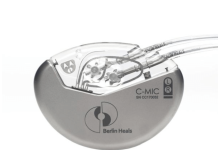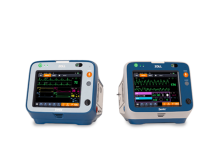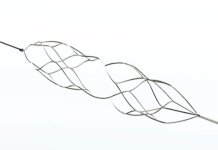Endovascular Engineering (E2) has completed enrolment of subjects in the pivotal cohort of its ENGULF trial, involving the Hēlo PE Thrombectomy System.
The investigational device exemption study was carried out at 19 interventional cardiology, radiology, and vascular surgery centres in the US.
E2’s system features a patented dual-action mechanism that combines aspiration with clot disruption. It is designed to treat pulmonary embolism (PE), a serious condition where blood clots in the lungs.
The Flow Mitigation Technology integrated into the system aids physicians in clot removal while reducing the loss of blood, a critical aspect of PE treatment.
However, it is important to note that the Hēlo PE Thrombectomy System is still an investigational device.
Related: Study backs Biolinq intradermal sensor in muscle loss prevention during GLP-1 therapy
ENGULF national principal investigator at Piedmont Atlanta Hospital Dr Andrew Klein said: “The ENGULF trial represents an impressive journey of innovation during which E2 and investigators were able to introduce and evaluate several new technologies within the trial.
“It is an exciting and dynamic period of evolution in the use of mechanical thrombectomy to treat and manage our patients with this potentially fatal condition.”
E2 noted that PE remains a leading cause of cardiovascular mortality and disability, with present treatments often requiring a balance between safety and effectiveness. The study aims to show that the system can address both concerns.
E2 CEO Dan Rose said: “Our physician partners, patient volunteers, and the E2 team share the common purpose of improving the treatment of PE.
“We believe the Hēlo System offers distinct advantages over the current standard of care, and now, we are one very large step closer to making this life-saving technology available to patients across the US.”
In February, the company secured an oversubscribed $42m in a Series B financing round to advance the development of its Hēlo system, targeting venous thromboembolism (VTE).




